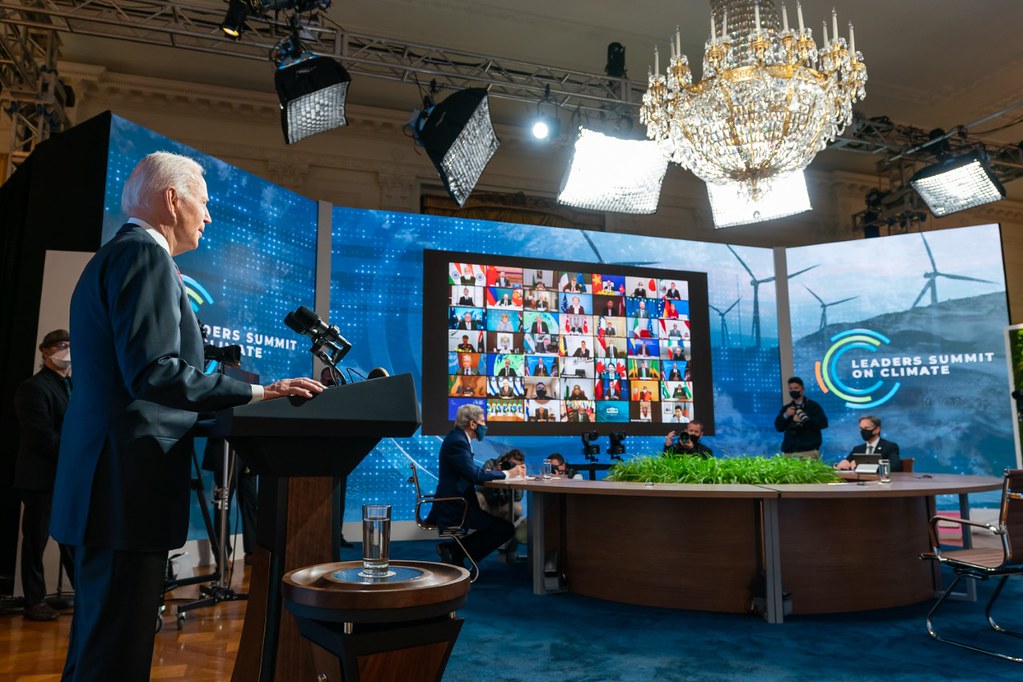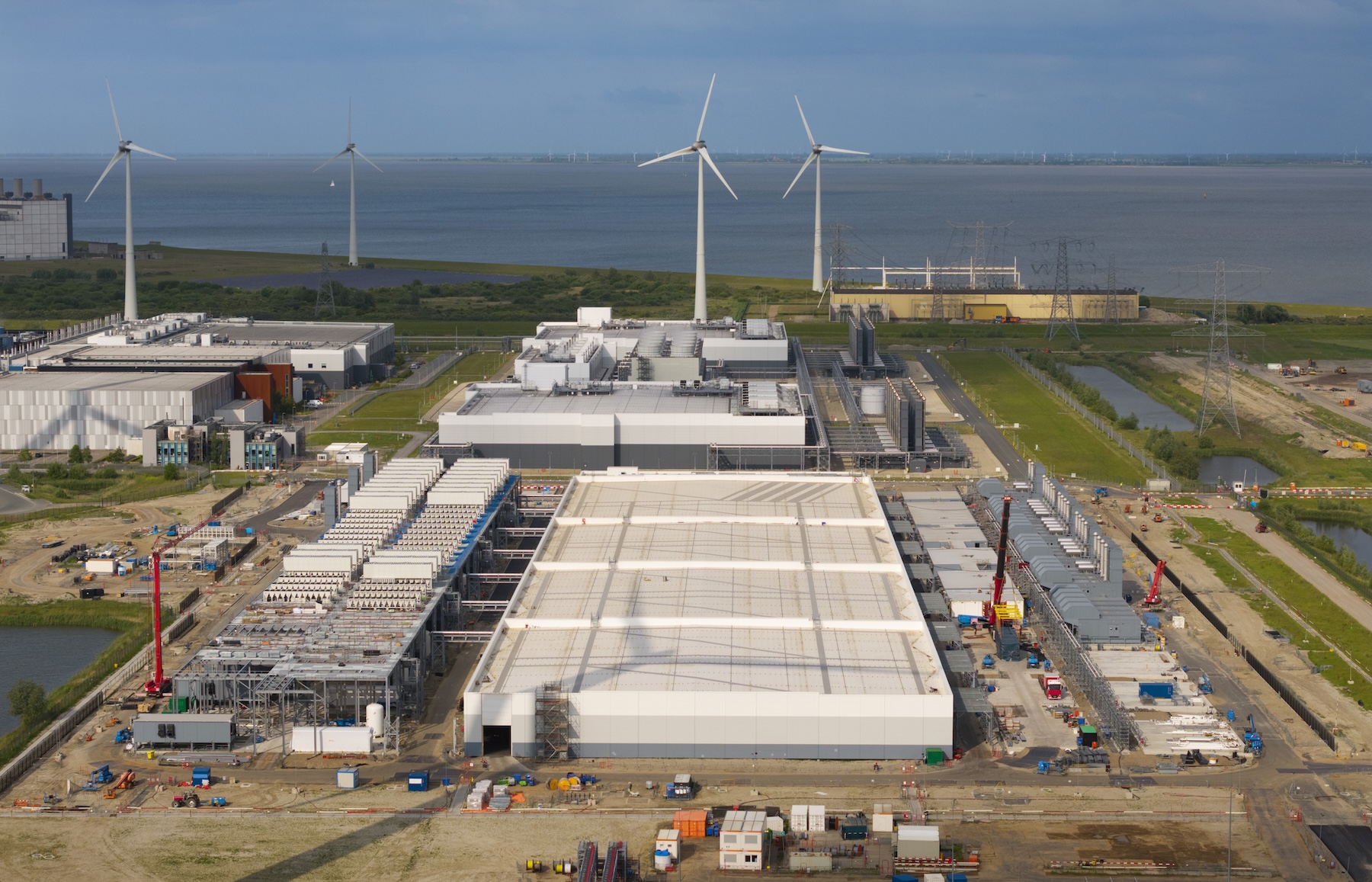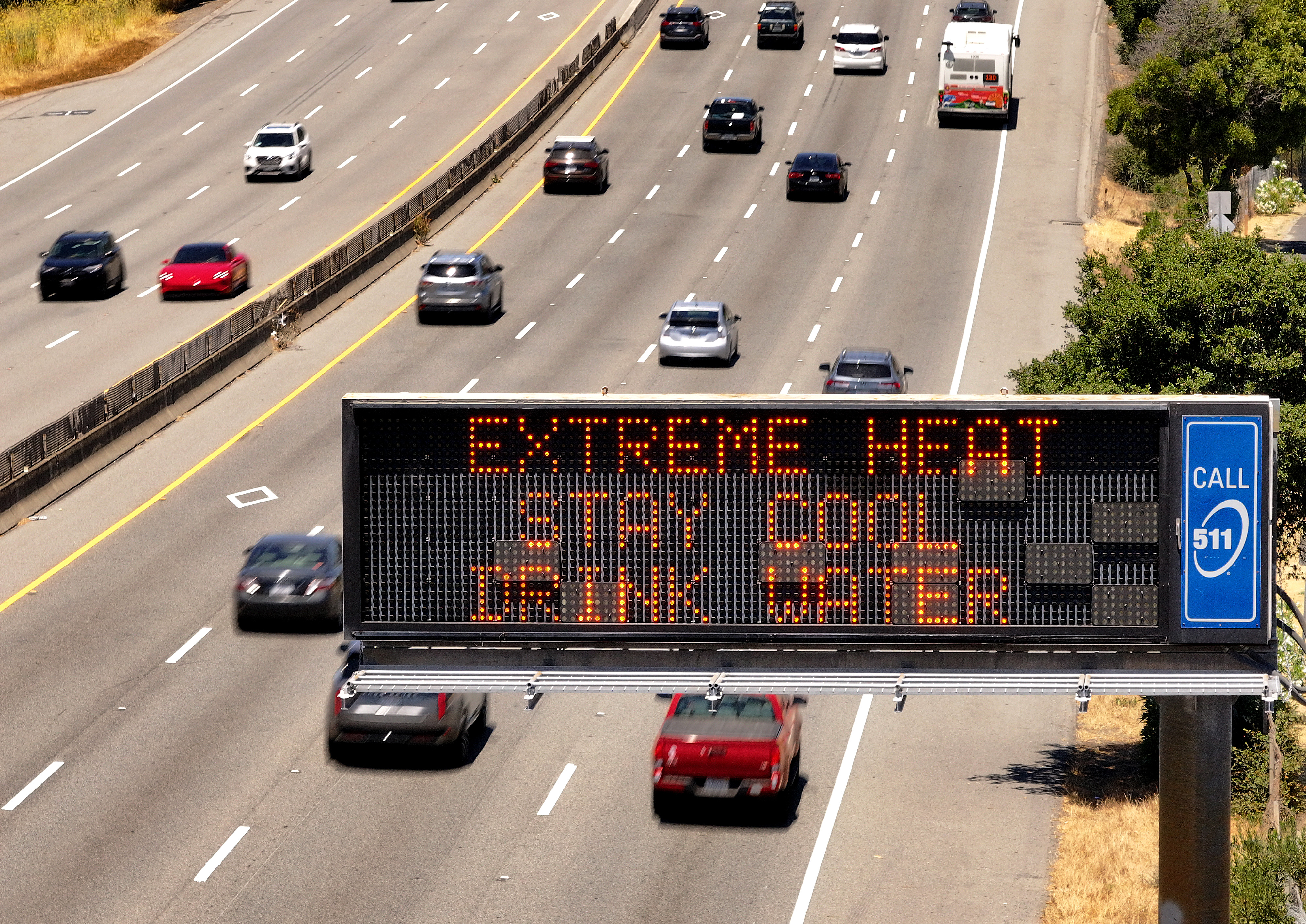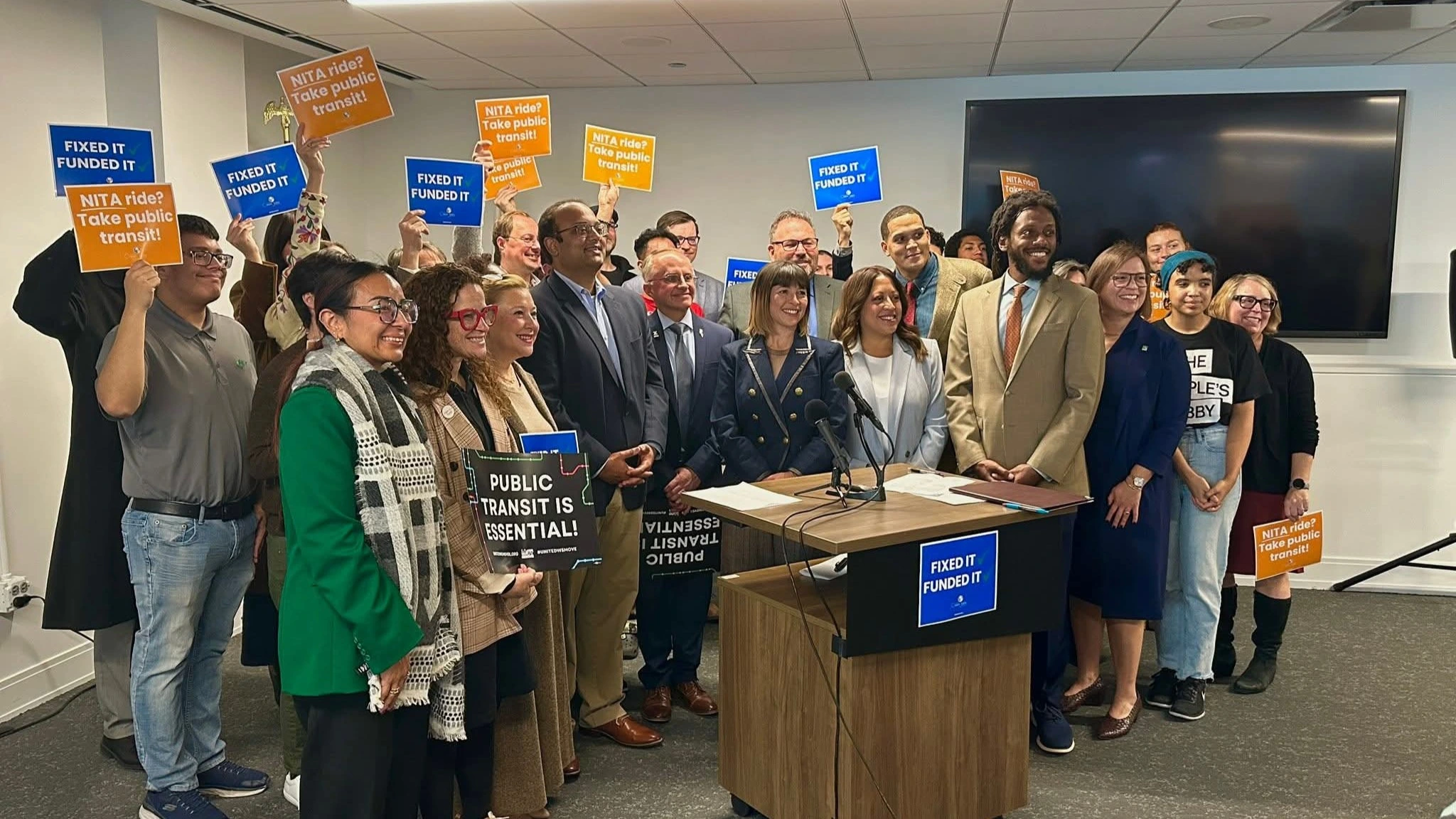By Wes Gobar, Evergreen's coalitions lead
Next week, President Joe Biden will face a crucial milestone in his effort to address the climate crisis and rebuild America’s credibility on the global stage after years of climate denial under Donald Trump. When world leaders gather in Glasgow for this year’s United Nations Climate Change Conference, COP26, he’ll need to be able to show that his administration is a world leader on climate once again. The newly announced framework for the Build Back Better Act is critical to achieving those goals, now it’s up to Congressional Democrats to get it across the finish line and prove to the world that the United States is back in the fight to defeat this crisis.
In 2021, we have already seen hundreds of deaths and billions in damages from climate-fueled disasters. This summer alone, nearly 1 in 3 Americans experienced a climate disaster first hand. My home state of Virginia is one of those regions suffering from this crisis. Historic flooding in Hampton Roads is already driving neighborhood prices up and people out of their homes in a wave of climate gentrification. Richmond’s racist redlines have turned Black communities into urban heat islands. But no matter where you look or what state you live in, it’s clear that the climate crisis is already at our doorstep.



